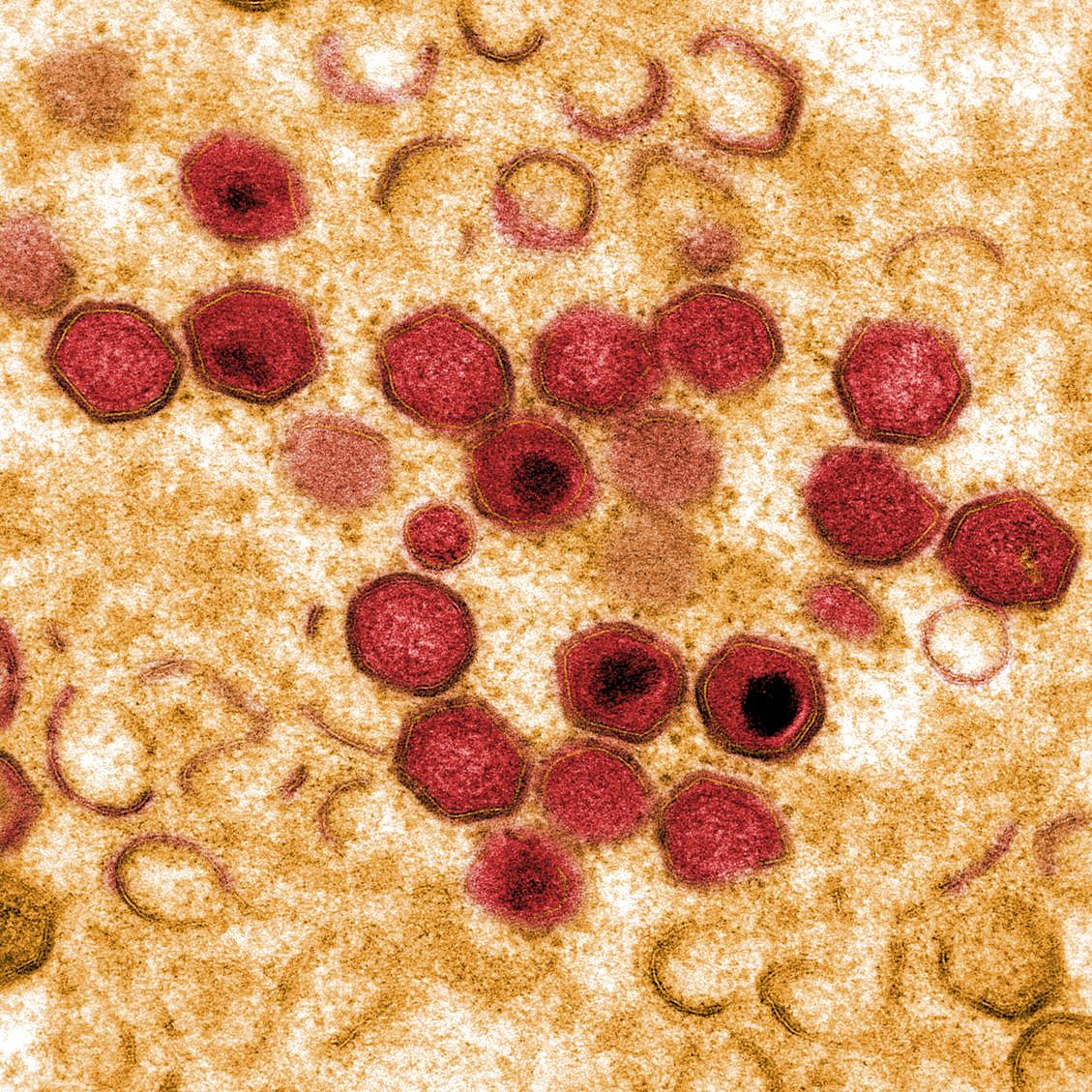Absence of long-term protection in domestic pigs immunized with attenuated African swine fever virus isolate OURT88/3 or BeninDeltaMFG correlates with increased levels of regulatory T cells and IL-10
Following short immunization protocols, naturally attenuated African swine fever virus (ASFV) isolate OURT88/3 and deletion mutant BeninΔMGF have previously been shown to induce high percentage of protection in domestic pigs against challenge with virulent virus. Results obtained in the present study showed that a single intramuscular immunization of domestic pigs with OURT88/3 or BeninΔMGF followed by a challenge with virulent Benin 97/1 isolate at day 130 post-immunisation did not trigger the necessary mechanisms to generate immunological memory able to induce long-term protection against disease. All pigs developed acute forms of ASF. IFNgamma producing cells peaked at day 24 post-immunisation, declining thereafter. Surprisingly, levels of T regulatory cells (Tregs) and IL-10 were elevated at the end of the experiment suggesting that regulatory components of the immune system may inhibit effective protection.Importance. Duration of immunity for any vaccine candidate is crucial. In the case of African swine fever virus vaccine candidates, this issue has received little attention. Attenuated viruses have been proven protective following short immunization protocols in which pigs were challenged a few weeks after the first immunization. Here, duration of immunity and immune responses induced over a duration of 130 days were studied during pre-challenge and after challenge of pigs immunised with the naturally attenuated isolate OURT88/3 and an attenuated gene-deleted isolate BeninΔMGF. After a single intramuscular immunization of domestic pigs with the OURT88/3 isolate o BeninΔMGF virus, animals were not protected against challenge with virulent Benin 97/1 ASFV genotype I isolate at day 130 post-immunization. Levels of T regulatory cells and IL-10 were elevated at the end of the experiment, suggesting that regulatory components of the immune system may inhibit effective protection.
